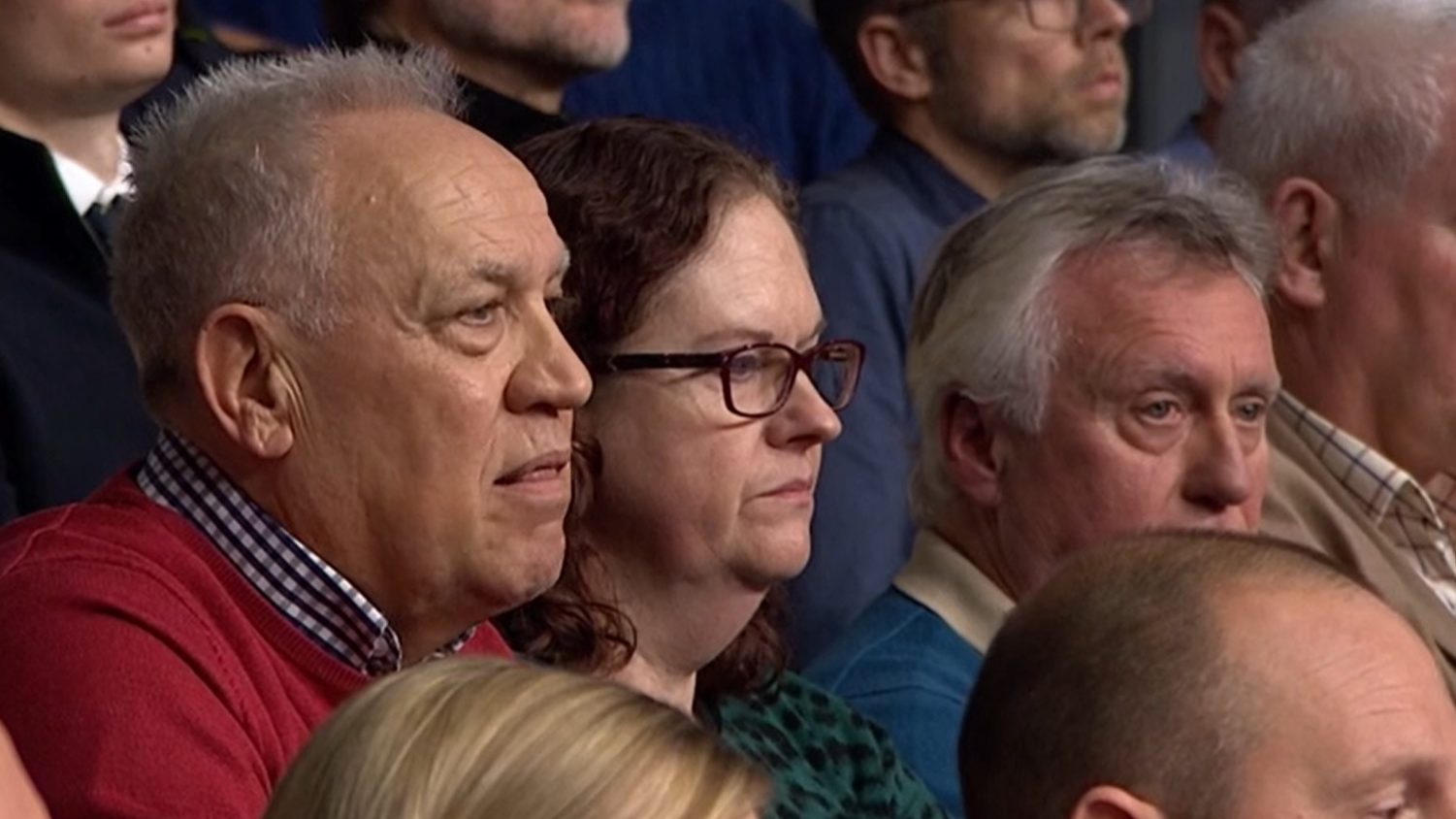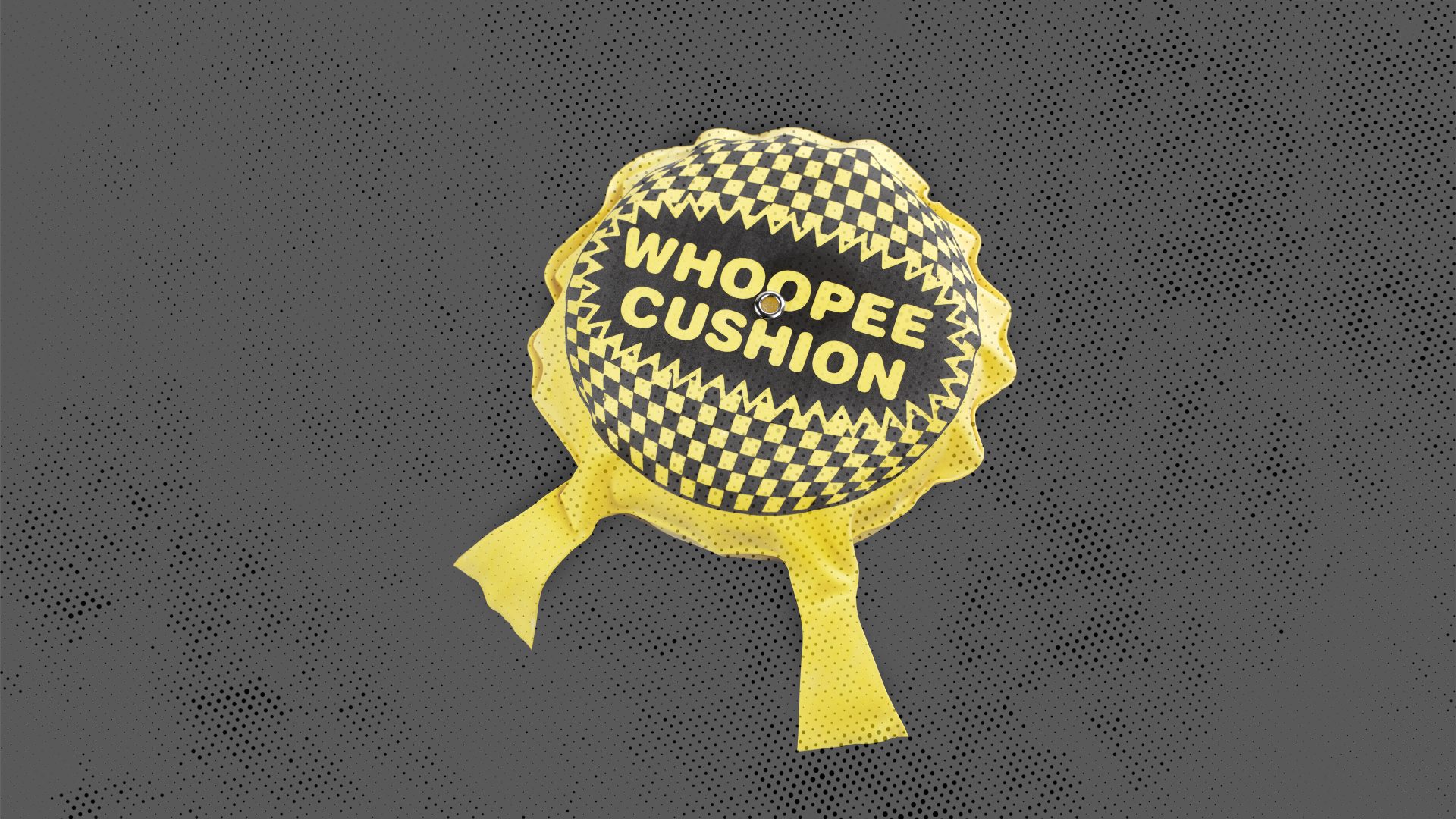It began for me with a visit to the National Holocaust Centre and Museum, just outside Newark in Nottinghamshire. It was established by Holocaust survivors as an education centre and a lot of their work is dedicated to school children. We were there a couple of weeks ago and as you walk through, the exhibits tell you the story of the Holocaust.
And it struck me – the terrible modern resonance. Back in 1930s Germany, the Jews were held responsible for the country’s problems, particularly the economic situation. And the language that was being used at the time just resonated with me, because it’s the same kind of language that we are hearing about migrants today.
And when I was in the audience for Question Time this week, another audience member spoke about immigrants in such horrific terms, in a way that showed no empathy or compassion that I didn’t want that attitude to be representative of the people of Lincoln.
And so I had to speak up, to remind people of the dangers of talking about our fellow human beings in such a degrading way, to remind them of what people were saying in 1930s Germany about the Jews, and of the terrible things that can happen when a section of society is demonised. I agree we need some form of control on immigration – but to say that all immigrants are evil and invaders is very dangerous.
There is a problem with the use of language when it comes to immigration. There is a lot of political dog whistling going on, where you say something without actually saying it. And Nigel Farage, who was on the Question Time panel, is very good at that. He will say “I’m not a racist”, and all sorts of things, but at the end of the day he offers dog whistles, and unfortunately there’s about 20% of this country currently who responds to it.
In saying what I did on Question Time, I was trying to contribute something to the debate – but some of the responses I’ve had have not been in the spirit of debate. I won’t repeat what they’ve said. I take it all with a pinch of salt and don’t want to get involved in a pointless twitter back and forth. I think a lot of these extreme views are encouraged by social media, which has become an echo chamber that only reinforces people’s prejudices.
But I think more importantly that people are not fully aware of history. I think I stated the history accurately in my summary on Question Time. I’ve been told that I’ve got my history wrong by people with no understanding of what was happening back in the 1930s, and of the kinds of things that people were saying at the time. I think a lack of education in history contributes to people’s weakness in understanding the causes of these problems.
It was the same with the Irish issue, when the IRA were still active. My wife is Irish, and her family suffered a degree of discrimination because of being Irish, mostly from people who didn’t understand Irish history. And I think if you don’t understand Irish history you don’t understand British history.
I believe in free speech and that in a democracy everyone has the right to say what they believe. But Nigel Farage is using the immigration issue as a route to power. People are being wound up by it. In his answers on Question Time, Farage’s responses to many of the issues such as climate change and the economic situation were just boorish and had no depth or proper understanding and were full of untruths.
As for his reaction to Alastair Campbell’s suggestion that Brexit had failed, again I felt it was a boorish response. The Brexit vote was eight years ago, but it was only in 2021 that we left the EU. And so the impact of leaving Europe has only been felt in the last three years, and not in the eight years since we made the decision.
In that time, the Europeans who were formerly in our country have left, which created a large vacuum to be filled by non-European immigrants. But this is the kind of issue that Nigel Farage and other Brexit supporters who talk about immigrants choose to ignore.
The great difficulty with Farage is that whenever anyone tries to have any sort of debate with him or challenges him, he goes off in a huff. He doesn’t wish to discuss it. He’s only good at shouting from the sidelines.
But I am optimistic. In the many responses to what I said on television, one was from a British Muslim man. He said he had never heard anyone say what I did about immigrants before. He said when he heard it, it made him cry.



